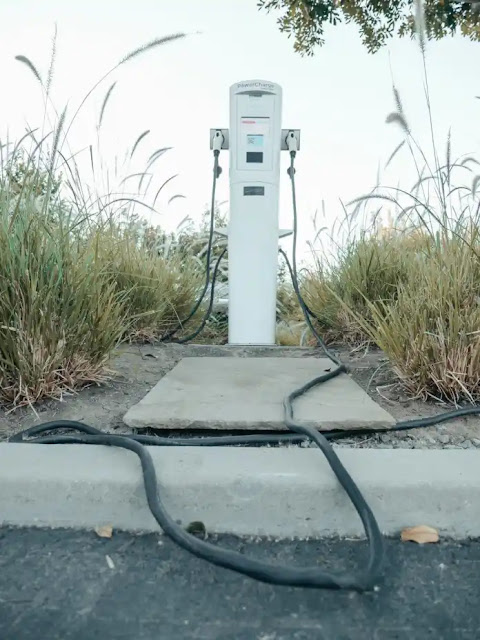Phd In Electric Vehicle Technology
Find A PhD. Search Funded PhD Projects, Programs & Scholarships in electric vehicle. Search for PhD funding, scholarships & studentships in the UK, Europe and around the world.
Reduced order models for battery management systems.
Lithium-ion batteries are prevalent sources of electric energy for a variety of applications, ranging from portable electronic devices like mobile phones, tablets and laptops to Electric Vehicles and Hybrid EVs. Compared to alternative energy storage technologies, Li-ion batteries have excellent energy-to-weight ratio, no memory effect and very low self-discharge rate in idle state. These favourable properties together with the continuously decreasing production costs have established Li-ion batteries as the unique contender for automotive as well as aviation applications. In the automotive sector, the increasing demand for EVs and HEVs is pushing manufacturers to the limits of contemporary automotive battery technology. These applications form a very challenging task since operating of EVs and HEVs demands large amounts of energy and power to ensure long range and high performance, whilst the battery cells must operate safely, reliably, and durably for a time scale of the order of a decade or more.
Typically, a battery pack for an electric vehicle consists of a large number of the battery cells, physical packaging (including bus bars, casing and connectors), and Battery Management System (BMS). A BMS is composed of hardware and software controlling the charging-discharging states, guaranteeing reliable and safe operation. The BMS also handles additional operations, such as cell balancing and thermal management of the pack. The design of a sophisticated BMS is necessary to ensure long life and high performance because battery behaviour varies in time. Additionally, the BMS is crucial for safe usage because Li-ion batteries may explode or ignite if overcharged.
Typically, a battery pack for an electric vehicle consists of a large number of the battery cells, physical packaging (including bus bars, casing and connectors), and Battery Management System (BMS). A BMS is composed of hardware and software controlling the charging-discharging states, guaranteeing reliable and safe operation. The BMS also handles additional operations, such as cell balancing and thermal management of the pack. The design of a sophisticated BMS is necessary to ensure long life and high performance because battery behaviour varies in time. Additionally, the BMS is crucial for safe usage because Li-ion batteries may explode or ignite if overcharged.
10 Months Post Graduate Program (PGP) in Electric Vehicle Powertrain. Certification offered by Academy of Technology (AEVT)
PROGRAM STRUCTURE
UNIT I: EV ARCHITECTURES
Electric Vehicle ArchitecturesPower Electronics and Embedded SystemPropulsion system of Electric Drive Vehicle
UNIT II: POWER ELECTRONICS
Electric Vehicle Supply EquipmentElectric Vehicle Charging Station TechnologyHigh Voltage Battery Charging Methods & Battery PackEV Charging Station System DesignV2G and G2V Technology
UNIT III: IT, DATA SCIENCE AND AI APPLICATION
IT, Data science and AI Application in EVCSIntelligent Algorithms, Optimized chargingConsumption predictionEVs tracking, AI for battery technologySolving Energy Efficiency IssuesMobile App for EV Charging station network
UNIT IV: ENERGY STORAGE SYSTEMS FOR HEV BEV
EV Battery TechnologyBattery Management Systems (BMS)Thermal Management for Batteries and Power ElectronicsBattery Heat TransferLithium-Ion Battery Pack DesignSecond Life Uses of EV Battery
UNIT V: POWERTRAIN DESIGN AND DEVELOPMENT
Powertrain Design and DevelopmentSafety of Electric VehicleRisk assessment, Different aspects of electric safety
UNIT VI: PRACTICAL PROJECT AND INTERNSHIP
Electric Powertrain Design ProjectLithium-Ion Battery Pack ProjecEV Public Charger, Charging Station development ProjectInternship at Ev or EVSE Company (Performance basic)


